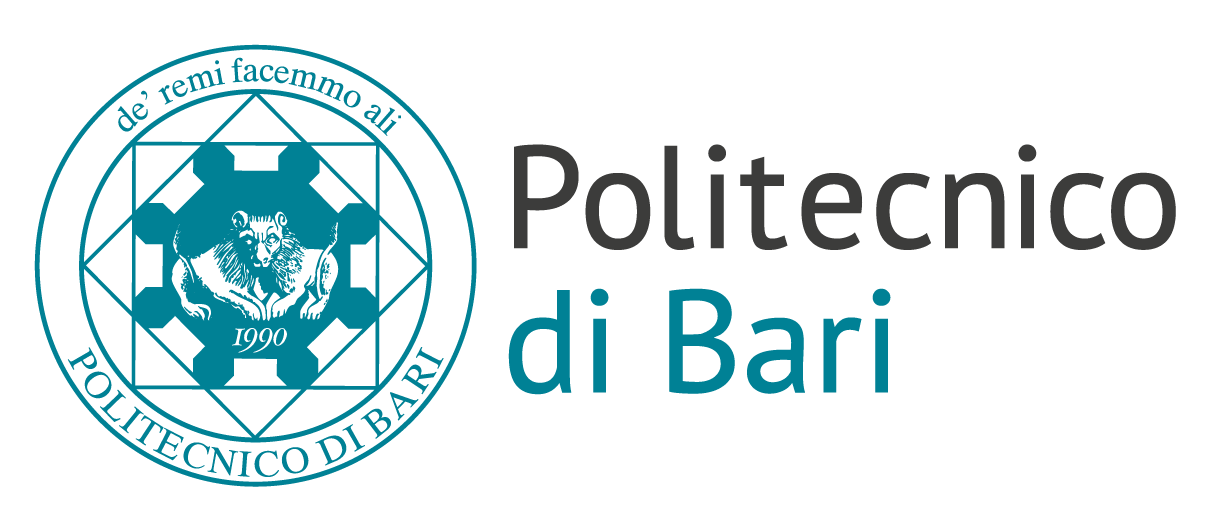Climate change poses an unprecedented challenge to today’s society. Numerous studies highlight the urgent need to decarbonize global industry and drastically reduce pollutant emissions across all sectors, including aviation. Although the global environmental impact of aviation is mostly driven by small- to medium-range market aircraft due to the high volume of operations, the development of disruptive technologies for the power demands such applications require cannot be implemented until novel enabling technologies are progressively matured at smaller scale or size.
The transformation of regional aviation—i.e., aircraft serving distances of 500 to 1000 km with up to 100 seats—will thus lead the way towards sustainability and will play a particularly important role. Both battery-powered and liquid hydrogen fuel cell technologies will not be sufficiently mature to enable a fully electric regional aircraft within the next decade. Therefore, an intermediate step is necessary to significantly reduce GHG emissions by 2035.
The development of a hybrid-electric propulsion system for regional aircraft, with at least 50% hybridization, represents this challenging yet achievable intermediate solution, potentially enabling a mission fuel burn reduction of at least 50% compared to 2020 state-of-the-art regional aircraft. A thermal engine capable of operating with 100% sustainable aviation fuel will further reduce lifecycle GHG emissions by up to 90%, approaching net-zero levels.
The proposed project AMBER (innovAtive deMonstrator for hyBrid-Electric Regional application) addresses this challenge by advancing the maturity of hybrid-electric key components and validating a product-representative parallel hybrid-electric propulsion system architecture—fuel cell-based—for next-generation regional aircraft with Entry Into Service (EIS) by 2035. This will support the ambitious environmental targets set out in SRIA and the Clean Aviation topic call.
Call:
HORIZON-JU-Clean-Aviation-2022-01
Ruolo del Politecnico:
Partner
Responsabile scientifico del Politecnico:
Prof. Paolo Roberto Massenio (DEI)
SSD:
ING-INF/04 – Automatica
